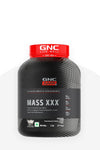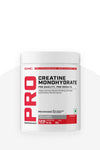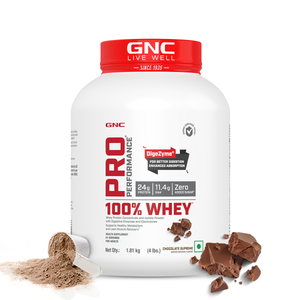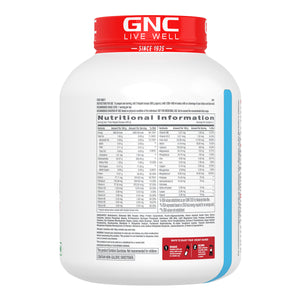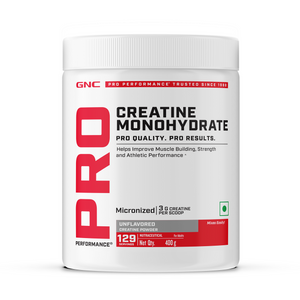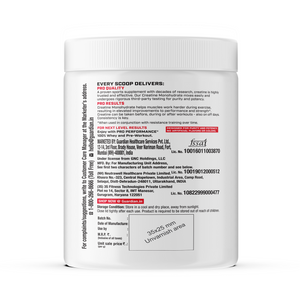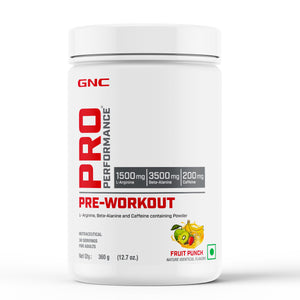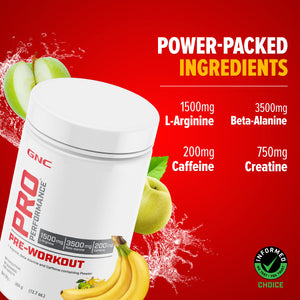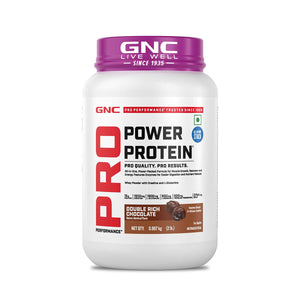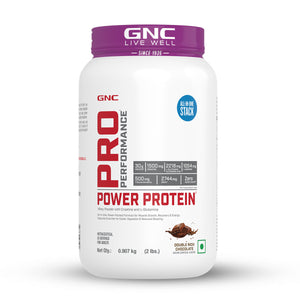
Vitamin C is a valuable water-soluble vitamin that is known to protect immunity. Vitamins are divided into two main groups: fat-soluble and water-soluble vitamins. Fat-soluble nutrients are transported through the body via the lymph system then to the blood.
Water-soluble vitamins are absorbed directly into the bloodstream. They are safe as even the excess amount in your body gets excreted through urine. For this reason, you also need to replenish it through your diet regularly.
WHAT IS VITAMIN C?
Vitamin C, or ascorbic acid, is probably the most well-known vitamin. It is considered the “cellular cement” of the body. The impact of this vitamin is felt all over the body and is essential to good health.
Vitamin C is a key component of collagen, an abundant protein that forms the connective tissue in bone, muscle, blood vessels, teeth, and gums.
Vitamin C is also one of the most fragile vitamins. It is easily oxidized when exposed to air and is subject to losses during harvesting, transportation, storage, processing, and cooking.
As per Indian RDA, A normal sedentary man and woman needs 40g of Vitamin C/per day.
Food Sources of Vitamin C:

How Vitamin C Protects Immunity:
- Protects against the Scurvy: Scurvy is the name for Vitamin C deficiency. The symptoms are very commonly seen which include bleeding gums, tooth loss, anemia and affects the normal healing process. This happens because vitamin C is required to make collagen which is an important component of connective tissue.
- Antioxidant Power: Vitamin C is necessary for the absorption of iron and it may help support natural resistance and immunity. Vitamin C is an antioxidant. Antioxidants protect healthy cells, including muscle cells, from damage caused by destructive free radicals. Free radicals are the result of normal metabolic processes like respiration and metabolizing food. They can also be caused by aging and intense exercise.
- Contains High Amount of Bioflavonoids: Vitamin C is found in nature with substances called bioflavonoids. They are thought to be important in helping protect vitamin C from being oxidized. The bioflavonoids in an orange or pepper are in the white fibrous parts. Rose hips are a natural source of vitamin C and also contain naturally occurring bioflavonoids.
- Collagen Synthesis: Collagen is the most abundant protein in the body. It requires a proper amount of Vitamin C to be able to synthesize. The balance between the two nutrients will help to provide glowing skin, healthy hair, and nails, joints and bones. Vitamin C interacts with amino acids within collagen cells to provide hydrogen and oxygen so those amino acids can make collagen. This way, it also helps in wound healing.
- Improves Protects against Free Radicals: Vitamin C, being an important antioxidant helps in protecting the body against the oxidation and free radical generation. Vitamin C deficiency also tends to reduce the resistance against pathogens.
- Enhances Iron Absorption: Vitamin C, if taken with iron-rich food helps to improve the absorption of non-heme iron in the body. This is usually worth the read for the pure vegetarian population. These populations do not consume heme iron which is readily absorbed in the body.
- Improves White blood Cell Count: Vitamin C encourages the production of white blood cells which help the body protect against the infections.
- Supports Production of Interferons: Interferons are basically the group of signaling proteins created in the presence of many viruses in your body. Vitamin C helps the cells to initiate the interferon production.
- Supports Natural Killer Cells: Vitamin C supports the activity of natural killer cells which can help protects against cancer cells and help kill them.
- Reduces the duration and severity of colds: The studies have mentioned that taking 1000 mg of Vitamin C daily helps to reduce the severity of colds. Consider buying GNC Vitamin C 1000 mg to help protect you from cold and infections and lengthen your life.



